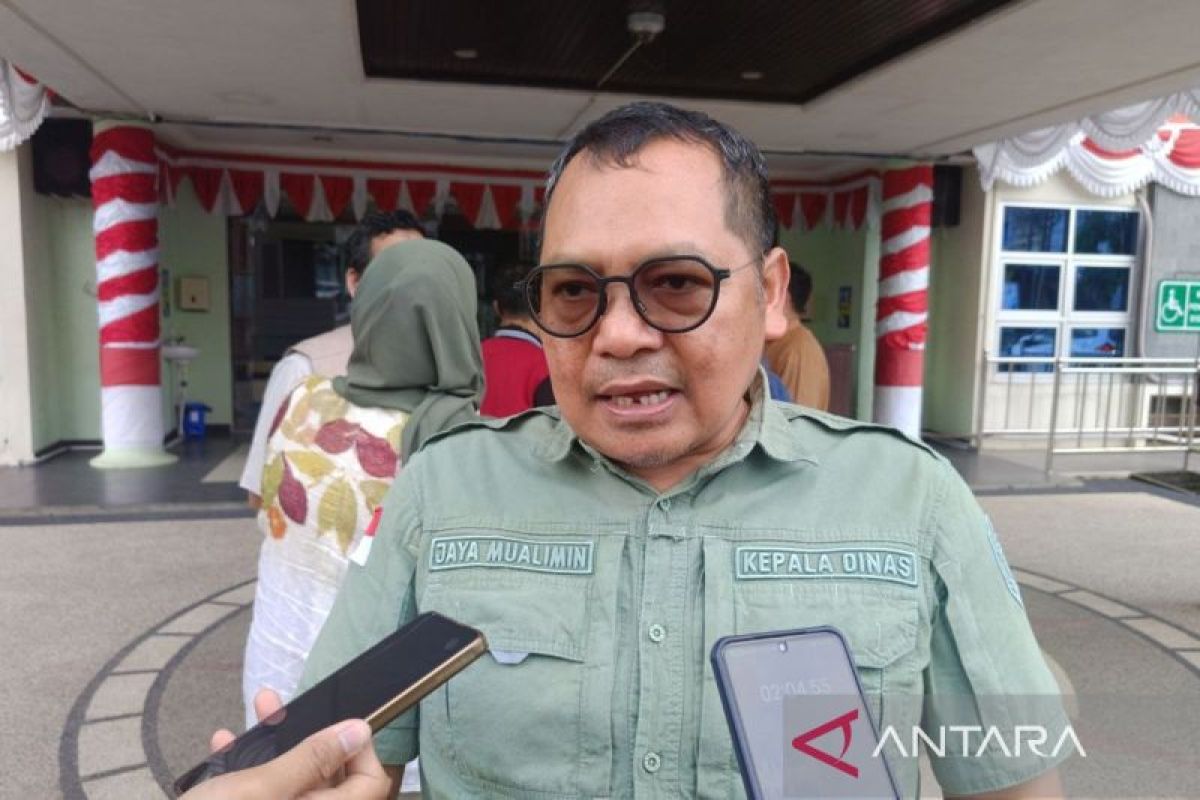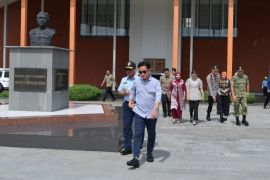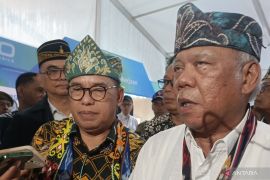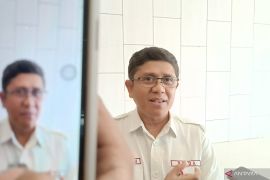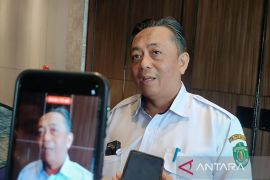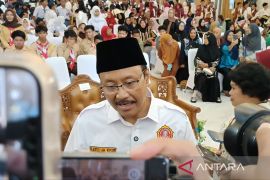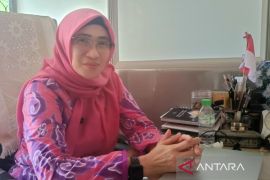"Proficiency in sign language is a crucial skill for healthcare and non-healthcare workers to provide more inclusive, communicative, and humane services to people with disabilities," Head of the East Kalimantan Health Service Jaya Mualimin said in Samarinda on Thursday.
The training was attended by participants from various units, including representatives from community health centers (Puskesmas), hospitals, and district and city health services.
To ensure the quality of the material, the East Kalimantan Health Service collaborated with the Samarinda Association for Deaf Children (IKAT), which served as the main source for the training.
During the training, participants were equipped with a variety of knowledge, ranging from government policies related to disability programs, an introduction to finger writing, to sign vocabulary commonly used in medical contexts.
To strengthen practical skills, the training sessions also included role-playing, where each participant had the opportunity to simulate direct communication as if they were serving a deaf patient.
Mualimin hopes that healthcare workers will be able to conduct more accurate anamnesis and provide health education that is easily understood by patients with hearing impairments.
Furthermore, the training alumni are encouraged to become agents of change and pioneers in disseminating inclusive healthcare practices in their respective workplaces.
"The program embodies the East Kalimantan Provincial Government's commitment to implementing the mandate of the law regarding the fulfillment of the rights of persons with disabilities, while simultaneously improving the quality of public services overall," Mualimin said.
Related news: Papua govt calls for prioritizing locals in healthcare recruitment
Related news: Centralized management can support equal distribution of doctors: IDI
Translator: Ahmad Rifandi, Cindy Frishanti Octavia
Editor: Azis Kurmala
Copyright © ANTARA 2025
